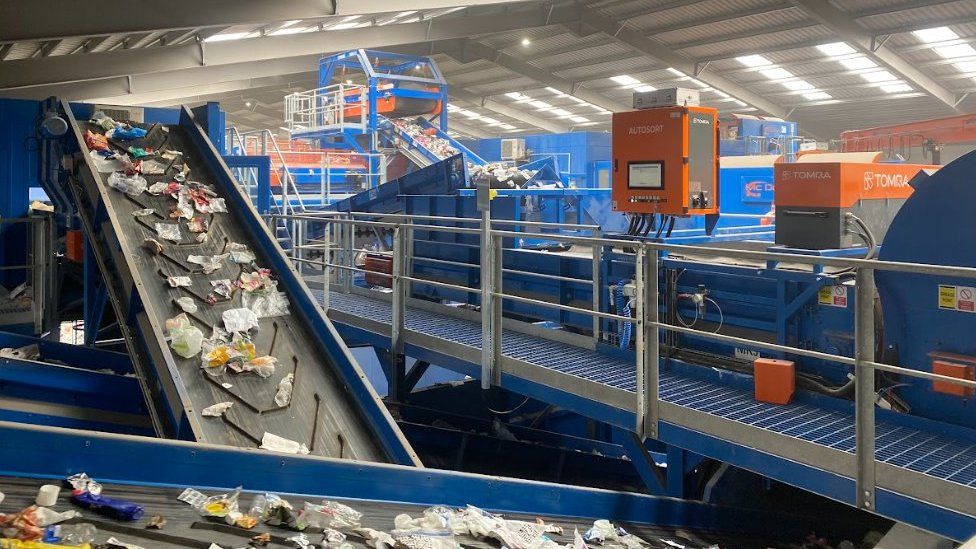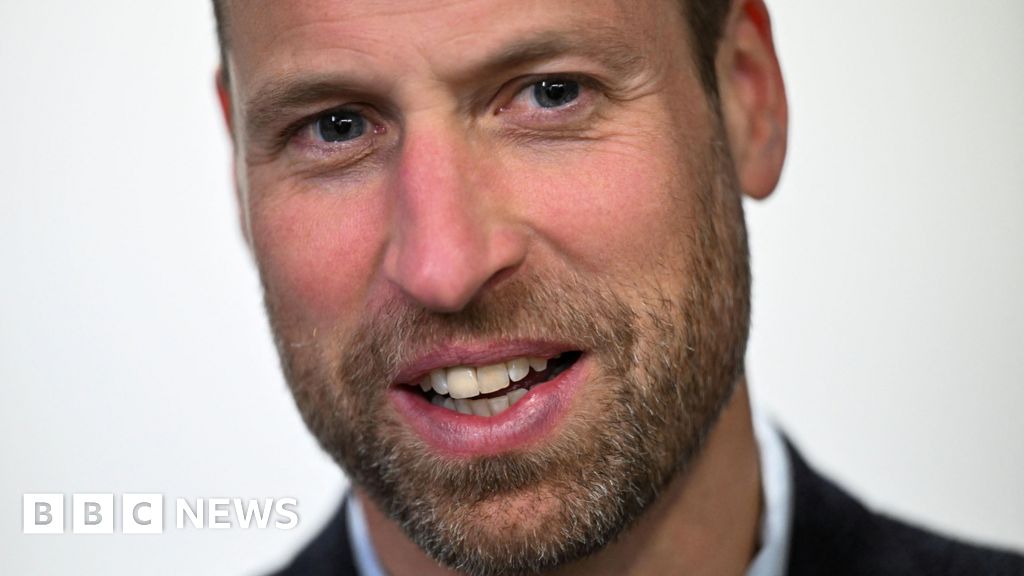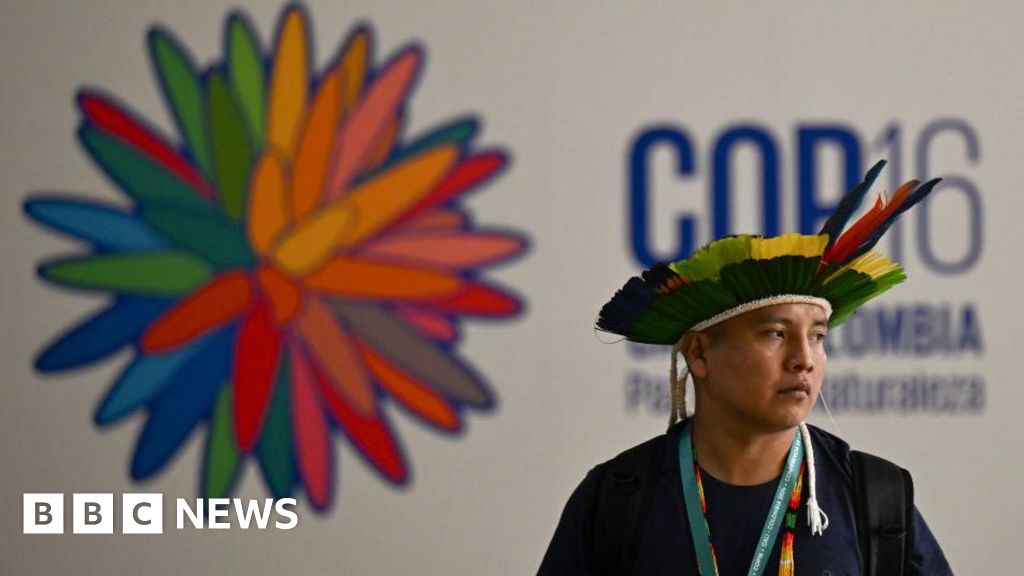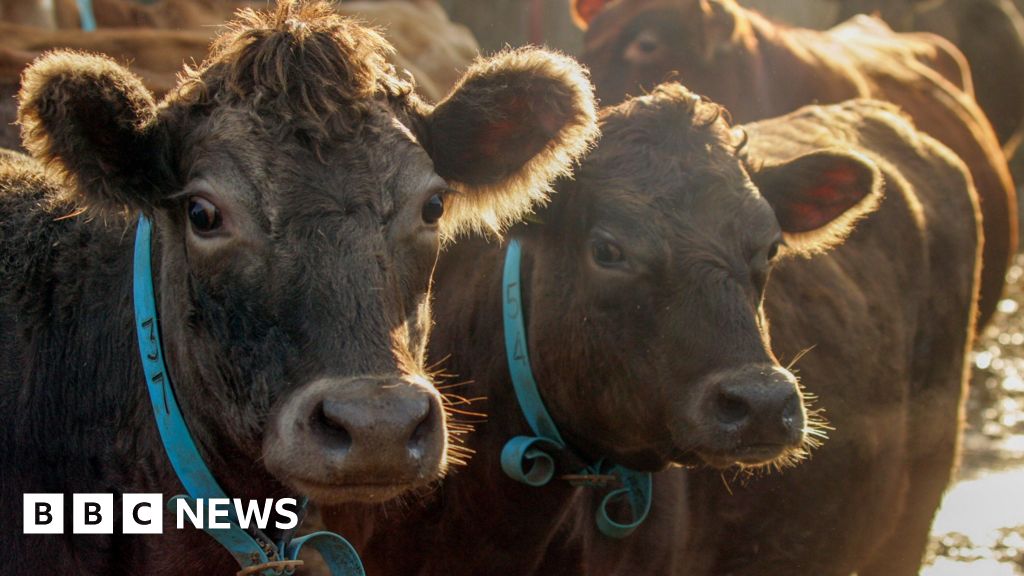 Image source, Mountain Recycling
Image source, Mountain Recycling
A recycling plant could help the university decrease waste sent to landfill
By Helen Burchell
BBC News, Cambridgeshire
Cambridge University is going to be using new bins, 3D scanners and 22 miles (35km) of conveyor belts in a bid to increase recycling from 50% to 80%.
Staff and students will get two bins to choose from - one for food waste and the other for dry mixed waste.
The university said the "pioneering" project would be "the first of its kind in the UK higher education sector".
A spokesman said the university was "committed to exceptional environmental performance".
The university said in a statement: "Waste will be cleanly sorted into recyclables after it is collected, to reduce confusion and unintentional contamination of materials.
Image source, PA Media
Image caption,University students will get two bins to choose from
"Food waste will be converted into energy at an anaerobic digestion facility, and the dry mixed waste will be separated into recyclables at a pioneering Materials Recovery Facility (MRF) that can identify and sort recyclables with advanced precision.
"The MRF (run by company Mountain Recycling) uses 22 miles (35km) of conveyor belts and sorting technology including 2D and 3D scanners, and near infra-red separators."
It further said all of the university's dry mixed waste collections would be made by electric vehicles.
"In another UK-first, the university's stock of new wheelie bins are made from 100% post-consumer recycled plastic collected from the local area. These bins can be recycled a further 10 times," it said.
Speaking about the project, which starts in July, Steve Matthews, facilities management operations manager, said: "The new system will allow us to recycle far more materials than before which will make a positive contribution to protecting the environment."
Follow East of England news on Facebook, Instagram and Twitter. Got a story? Email eastofenglandnews@bbc.co.uk or WhatsApp us on 0800 169 1830
Related Internet Links
The BBC is not responsible for the content of external sites.
.png)
 1 year ago
6
1 year ago
6









 English (US) ·
English (US) ·